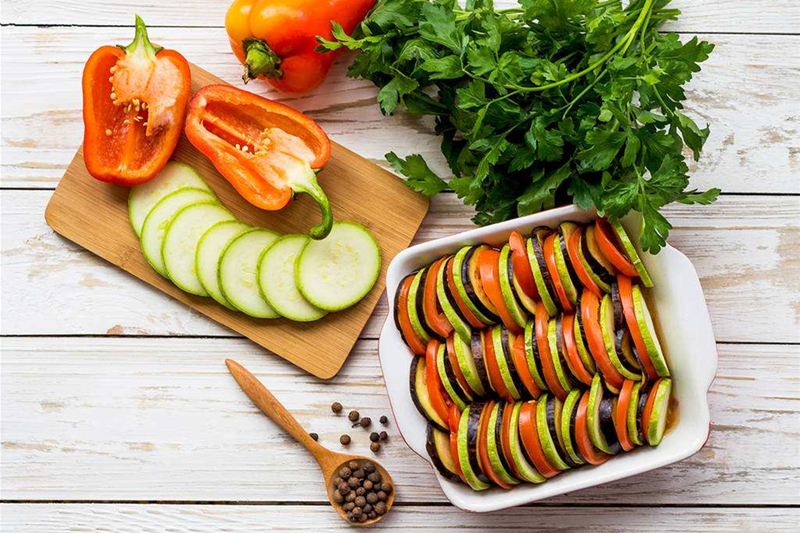You’ve heard and read buzz over the years that following a vegetarian diet is better for your health while also being better for the planet. At the same time, the arguments between meat and vegetarian diets are never ending. So, is a vegetarian diet really healthy? What is healthy food? Science will let you know the truth today.
Is vegetarian diet good?
The truth is no matter how many different kinds of vegetables you eat, there are some vitamins and nutrients that are hard to get from non-animal sources. Vegetarian diet usually lack vitamin A and vitamin D. These two vitamins are essential for hormone balance, strong bones and good mental health. In addition, we also obtain vitamin B12 and zinc from animal sources.
Zinc is essential for the immune system and B12 is important for blood system and sleep.
Omega-3 fatty acids are a healthful and essential type of fat, which offer many health benefits.This is a group of polyunsaturated fatty acids commonly found in deep-sea fish. It can keep brain healthy, balance cholesterol and maintain skin color. While there is vegetarian source of omega-3 they are not as abundant and readily available as those from meat sources.
6.tips for improving your daily diet:
1.Base your meals on higher fibre starchy carbohydrates
Starchy carbohydrates should make up just over a third of the food you eat. They include potatoes, bread, rice, pasta and cereals.Choose higher fibre or wholegrain varieties, such as wholewheat pasta, brown rice or potatoes with their skins on.They contain more fibre than white or refined starchy carbohydrates and can help you feel full for longer.
Keep an eye on the fats you add when you're cooking or serving these types of foods because that's what increases the calorie content.
2.Eat more fish, including a portion of oily fish
Fish is a good source of protein and contains many vitamins and minerals.Regular consumption (one to three times per week) of fish can reduce the risk of various diseases and disorders especially heart disease.
You can choose from fresh, frozen and canned, but remember that canned and smoked fish can be high in salt.Most people should be eating more fish, but there are recommended limits for some types of fish.
3.Eat less salt: no more than 6g a day for adults
Eating too much salt can raise your blood pressure. People with high blood pressure are more likely to develop heart disease or have a stroke.
Even if you do not add salt to your food, you may still be eating too much. About 75% of the salt you eat is already in the food when you buy it, such as breakfast cereals, soups, breads and sauces.
Use food labels to help you cut down. More than 1.5g of salt per 100g means the food is high in salt. Adults and children aged 11 and over should eat no more than 6g of salta day. Younger children should have even less.
上一篇:没有了!

 中文
中文